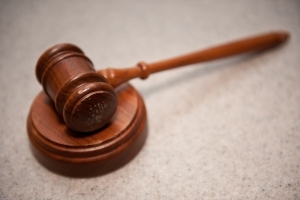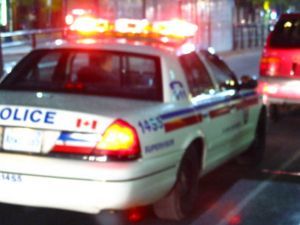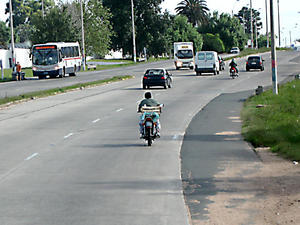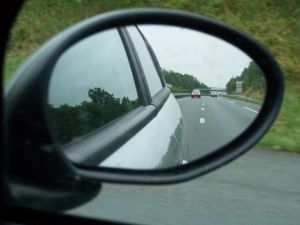One of the best ways people can protect themselves from arrest for DUI or drugs while driving is to minimize the chances of being stopped in traffic in the first place by keeping the vehicle in good working order.
When a vehicle is in a state of disrepair – even minor disrepair – it can form the basis for a legal traffic stop that can lead an officer to question your level of intoxication, the contents of your vehicle and your intentions. 
We saw this recently in the case of Florida v. English, where trial court granted a defense motion to suppress when a traffic stop was based on a vehicle deficiency. However, that decision was overturned by Florida’s Fifth District Court of Appeal.
Continue reading
 Fort Lauderdale Criminal Attorney Blog
Fort Lauderdale Criminal Attorney Blog











